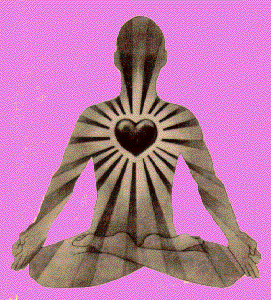Throughout the ages, philosophers have analysed the relationship between the body and the mind or spirit. Some societies were disgusted, inconvenienced, threatened, excited or intimidated by the body. How did the society's attitude toward the body influence the philosopher's thinking?
Compare and contrast the ways in which different philosophers viewed the body, such as 1) classical Greeks (Plato and Aristotle) and the early Christians, 2) Descartes and the contemporary ecophilosophers:
3) Buddha and Nietzsche (or any combination you can make up)."In discussions of ecological philosphy and the mastery of nature, a common point of departure and historical foil has been either the empiricism of Francis Bacon or the rationalism of Rene Descartes, two Renaissance thinkers who developed radically new methods for guiding scientific research and who characterized the natural world in terms of its use-value for or distinctness from humans....For Bacon, to know nature means to disturb or annoy it (natura vexata) through artisanry and technology so that it will disclose its secrets. With Descartes, the understanding of nature and realization of certainty are achieved first by separation from the natural world, then its precise measurement. In both instances, knowledge is premised upon detachment and a thoroughgoing control over the environment and experiemntal conditions. Coupled with this control is a privileging of the "how" or the "why," which eventuates in a utilitarian criterion of truth, a tendency to transform science into technique, and a reduction of the "object" of knowledge to an instrumental relation or quantifiable value."
--David Macauley in Minding Nature , 1996.
Current trends in philosophy favor a new bodymind relationship. How does a philosophy originate in the body as opposed to the mind? Describe how biology influences thinking, starting with examples such as the umbilical cord, balance, gravity and force, and make your own bodymind connections.

How does a philosophy encourage or suppress the volatile, unpredictable nature of human emotion?
"...the distinguishing characteristic of God is that he is without body. He is a disembodied, procreative spirit engaged in a project of world transformation, but lacking a body, he cannot engage in his project of world transformation independently. He must do so vicariously through Israel. Israel is therefore the sole means by which God's existence is substantiated and through which his project of world transformation may be executed. By the same token, God is the sole means through which Israel can achieve self-extension through acts of artifice." --Frank Coleman in "Thomas Hobbes, the Bible and Modernity" 1995
Is religion a true philosophy? Most religions feel the body should be transcended to release the spirit. Can you find a religion that worships the body? How does that culture differ from Christian religions that feel that the "spirit is willing but the flesh is weak?"
"As long as humankind continues to use language strictly for our own ends, as if it belongs to our species alone, we will continue to find ourselves estranged from our actions. If as Merleau-Ponty's work indicates it is not merely this body but the whole visible, sensual world that is the deep flesh of language, then surely our very words will continue to tie our selves, our famililes, and our nations into knots until we free our voice to return to the real world that supports it-- until we allow it to respond to the voice of the threatened rainforests, the whales, the rivers, the birds, and indeed to speak for the living, untamed earth which is its home. The real Logos, after Merleau-Ponty, is Eco-logos. " -- David Abram in "Merleau-Ponty and the Voice of the Earth"Main Page